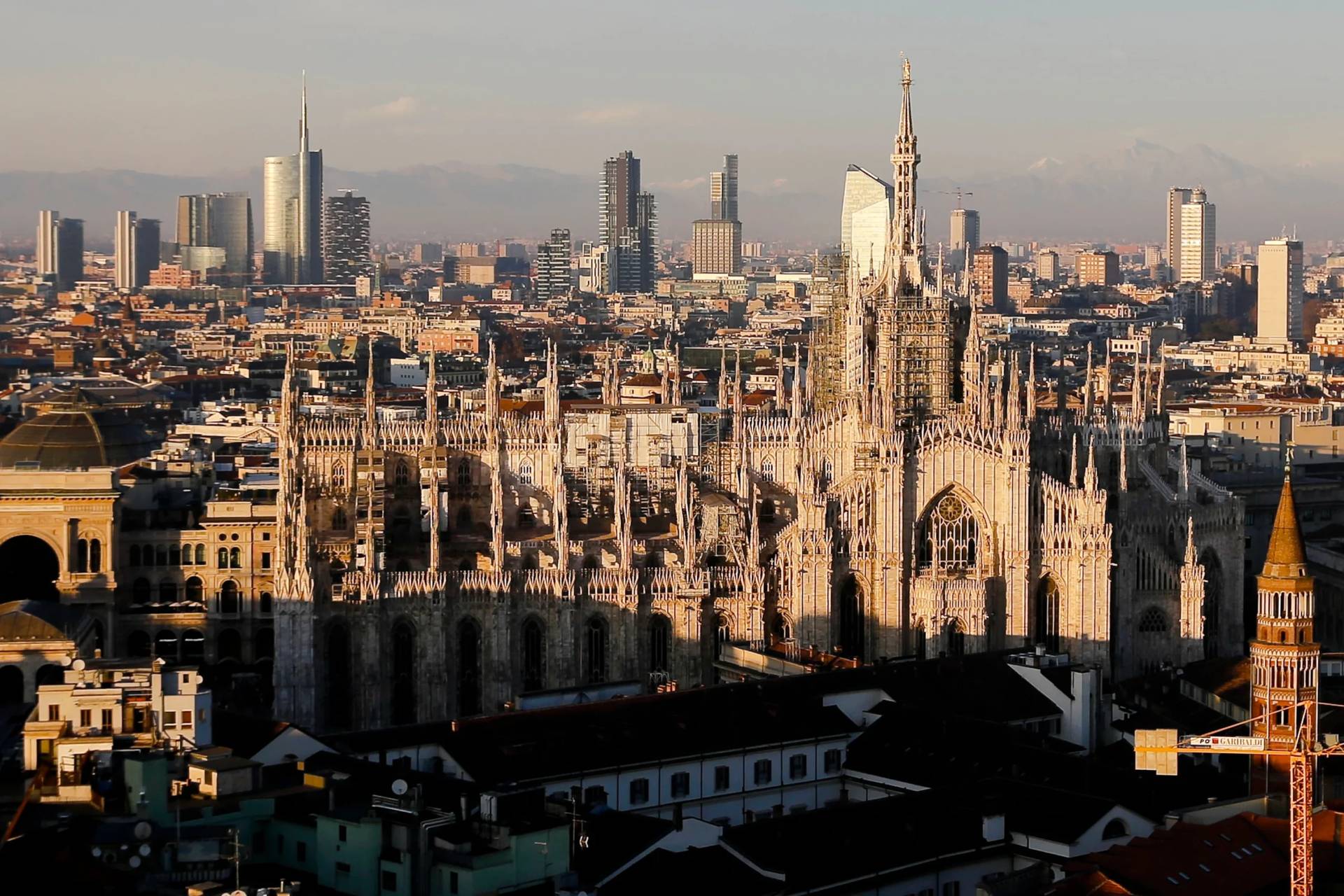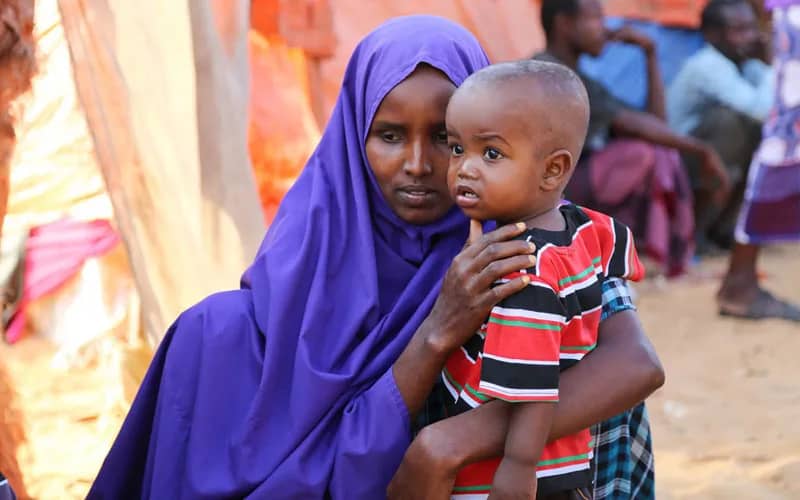YAOUNDÉ, Cameroon – Heavy flooding in the eastern region of the Democratic Republic of the Congo (DRC) washed away several villages along the shores of Lake Tanganyika, leaving at least 104 dead and 50 others missing.
Torrential rains caused the Kasaba River to overflow, sending powerful floodwaters rushing through communities. The currents swept away everything in their path — large stones, trees, and mud — according to officials. Authorities also reported that 28 people were injured.
A senior official from Caritas – the Catholic relief, development, and social service organization – has called on authorities to enforce environmental laws.
Regional administrator Sammy Kalonji confirmed that most of the victims were children and the elderly, highlighting the severe impact of the disaster.
“The rainwater has caused enormous material damage,” he said
Elie Mbulegheti, Director of Communications for Caritas Butembo-Beni, emphasized the widespread humanitarian and material devastation caused by the floods.
“There are already several infrastructures that have been destroyed due to the rise of water from the lake, but also from the overflow of rivers that flow through the city. So, as a humanitarian consequence, several sanitary infrastructures have been destroyed by the water,” he told Crux.
He also talked about schools and homes that have been destroyed, noting that “there are almost 2,000 households that are left without shelter and who do not have houses where they can stay.”
Mbulegheti said the flood waters also swept through parts of South Kivu province, particularly towards the territories of Fizi, “because it is also the peripheral province of Lake Tanganyika, which overflowed as a result of heavy rains that occurred in this part of the DRC.”
The Minister of Health for the South Kivu Province, Theophile Walulika Muzaliwa, said a lack of services and a shutdown of telephone lines as a result of the floods hampered rescue operations.
Such natural disasters are common in the Congo, particularly in areas bordering the great lakes to the east of the country.
In 2023 for instance, at least 400 people died in areas bordering Lake Kivu when torrential rains forced the lake’s water to overflow. Last month, the country’s capital was overrun by flood waters that killed 33 people.
According to the United Nations Office for the Coordination of Humanitarian Affairs, OCHA, millions of people were affected by floods in West and Central Africa last year. The UN agency reports that a total of 7.5 million people were affected by flooding across 18 countries in West and Central Africa in 2024. Chad was the hardest hit, with 1.9 million affected people, followed by Niger (1.5 million), Nigeria (1.3 million), and the Democratic Republic of the Congo (1.2 million). Cameroon, Mali, Guinea, and the Republic of Congo had a combined total of over 1.1 million affected people.
The prevalent floods take an added toll in the DRC – a country that for over three decades has been battling rebels in the east.
Chaotic urbanization has been blamed for the country’s incapacity to mitigate the impacts of natural disasters such as floods, Mbulegheti said he believes part of the problem is a failure to implement existing legislation.
He stated that a territorial development law, introduced in 2021, aims to promote urbanization across national, provincial, and local levels. Its key goals include sustainable land use, environmental conservation, and public safety. Additionally, an environmental protection law enacted on July 9, 2011, strictly prohibits construction in ecologically sensitive areas such as wetlands and lake shores. Development in these zones, he emphasized, is only permitted if a comprehensive impact assessment confirms it will not negatively affect the environment. Furthermore, regulations require that any construction near lakes must maintain a minimum distance of 50 meters.
“Even when studies confirm that a proposed construction will not negatively affect the protected area or the surrounding aquatic and forest ecosystems, enforcement remains a significant challenge in the Democratic Republic of the Congo (DRC). While the legal framework exists to regulate and safeguard these areas, the failure to implement these laws effectively raises concerns about population protection,” he explained.
“When we observe a phenomenon like this—lake waters causing harm to human settlements—it becomes clear that populations have built their homes on lakebeds. When heavy rains occur, the lake reclaims its natural territory, leading to devastating consequences for these communities,” Mbulegheti told Crux.
He urged authorities in the DRC to “actively engage in responsible urban planning” to prevent such disasters in the long term.
“By prioritizing sustainable development and enforcing proper zoning laws, they can help mitigate future risks,” he said.













